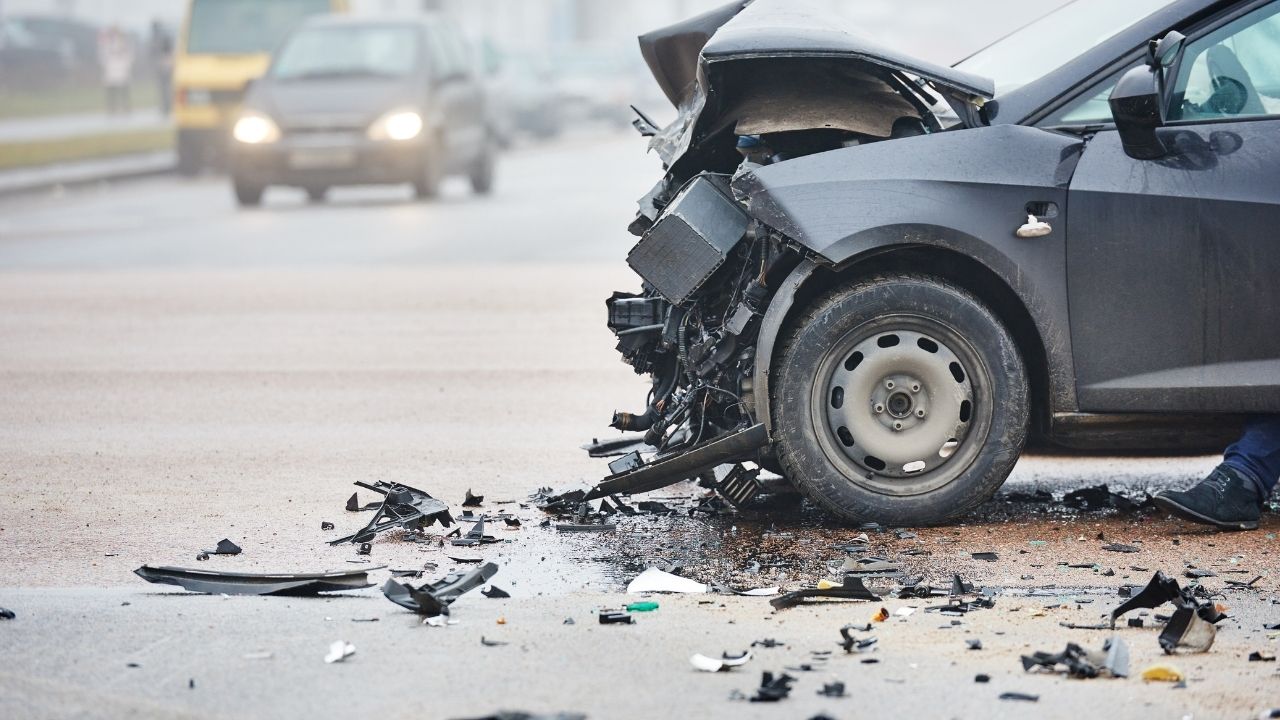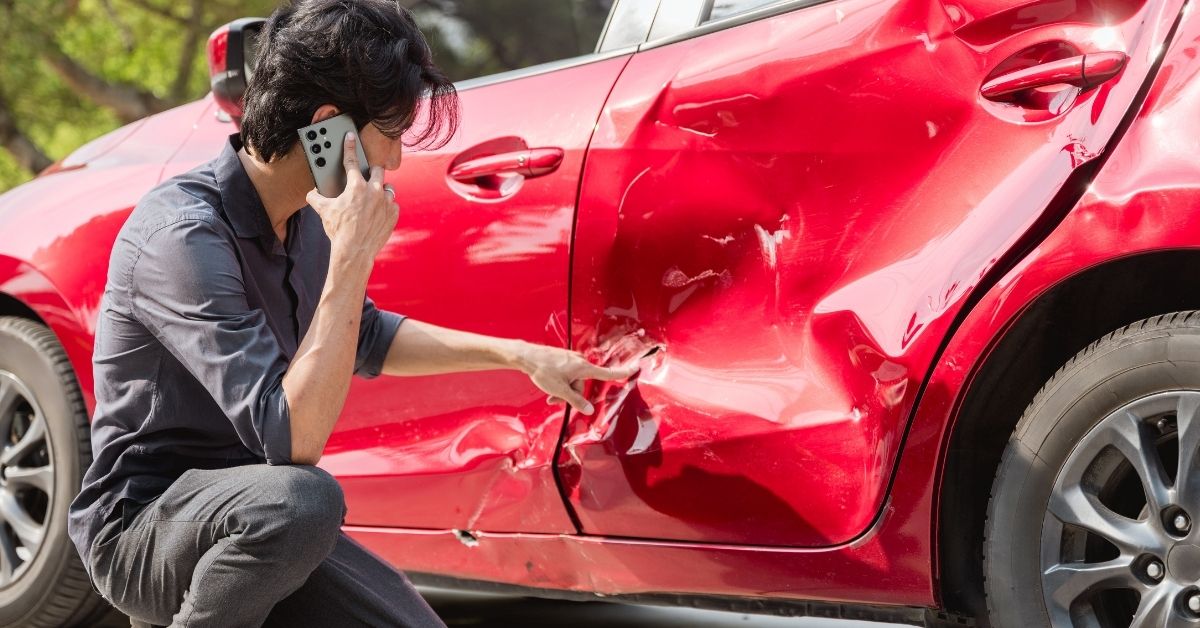Top 7 Causes of Car Accidents

Traffic accidents happen millions of times per year across the U.S. According to the National Highway Transportation Safety Administration (NHTSA), 6.5 million crashes are reported annually, with over a third of them involving injuries. Vehicular accidents are also expensive, both individually and economically. The CDC notes that the cost of medical care and loss of productivity exceeds $75 billion. So what are the top causes of car accidents, and how can we avoid them?
Red Lights
Running a red light is one of the top causes of car accidents in the U.S. Even worse, car crashes resulting from someone failing to stop at a red light are more likely than any other type of crash to result in an injury. Rarely, traffic lights are defective, resulting in a crash where neither driver is at-fault. However, in most cases, one or both drivers either made an unsafe decision or was distracted, and failed to stop at a red light.
Inexperience
Inexperienced drivers and usually – but not always – younger drivers. However, because of their inexperience, drivers under the age of 20 are three times as likely to die in a car accident than older drivers. Inexperienced drivers often underestimate the danger in a situation or are unable evaluate risks quickly and respond appropriately. Inexperienced drivers are also more likely to panic in unfamiliar situations, such as hitting black ice on the road.
Fatigue
Fatigue and drowsiness are a major contributor to driver inattention. Approximately one-third of all adults get less than the recommended eight hours of sleep. Unfortunately, driving while tired is just as dangerous as driving while intoxicated. According to the CDC, a driver who has been awake for 18 hours suffers from the same visual, motor, and cognitive impairments as a driver just under the legal blood alcohol limit. Sleepiness can mean that it takes the brain longer to assess new or risky situations and results in slower response times, which ultimately increases the likelihood of a car crash occurring.
Speeding
Approximately one-quarter to one-third of fatal car accidents in the U.S. involves speeding. Speeding is a type of aggressive driving, and can be triggered by traffic congestion or ‘running late.’ However, anonymity and a disregard for the safety of others can also lead to aggressive driving and speeding.
Alcohol/Drug Impairment
Between one-quarter and one-third of all fatal car crashes in the U.S. involve some level of alcohol or drug impairment. Even for drivers whose blood alcohol content is below the legal limit, their sight, motor coordination, and judgement will suffer some degree of impairment and increase the risk of a vehicular accident.
Drugs – whether legal or illegal – can also play a role in causing major collisions. Drivers who do not know how a drug will affect their driving, or who misjudge how much a drug will affect their driving, increase the chances of a car accident occurring. Like alcohol, some drugs impair motor coordination and judgement, even if only to a mild degree.

Distractions
Distracted driving is the one of the leading causes of car accidents. A distraction is considered anything that draws a driver’s eyes away from the road, hands away from the wheel, or mind away from the current task. Some obvious distractions are texting while driving or eating on the road.
This is made worse by drivers severely misjudging their ability to multi-task. In fact, medical studies have shown that the human brain is incapable of performing two important tasks at the same time. Rather, the brain toggles back and forth between competing tasks in something known as “micro-tasking.” Because the margin of error while driving is a matter of a mere seconds, any distraction detracts from a driver’s opportunity to perceive and adequately respond to a hazard.
Poor Judgement
Poor decision-making can be the result of one or more factors listed above. After all, inexperience, fatigue, distractions, and alcohol or drug impairment can all significantly affect someone’s decision-making behind the wheel. Ultimately, most car accidents are the consequence of poor judgement on the part of the driver.
Failing to triple-check the side mirror before changing lanes, failing to wait until alcohol has metabolized, or failing to follow the posted speed limit on a winding road are all poor choices that the driver makes. So next time you’re behind the wheel of a car, consider whether you are making the best decisions – both for your safety, and everyone else’s.
Contact an Experienced Car Accident Attorney Today
Most car crashes are not caused by the weather or auto defects or even poor road design. According to the NHTSA, 94% of serious crashes are due to the poor decision-making of people behind the wheel. If you have been involved in a car accident, you should speak to an attorney to determine whether you are entitled to compensation and develop a legal strategy for your case. The car accident attorneys at B|B Law Group have expertise in automobile accidents and personal injury and will answer your questions. Contact the B|B Law Group to schedule a consultation today!


